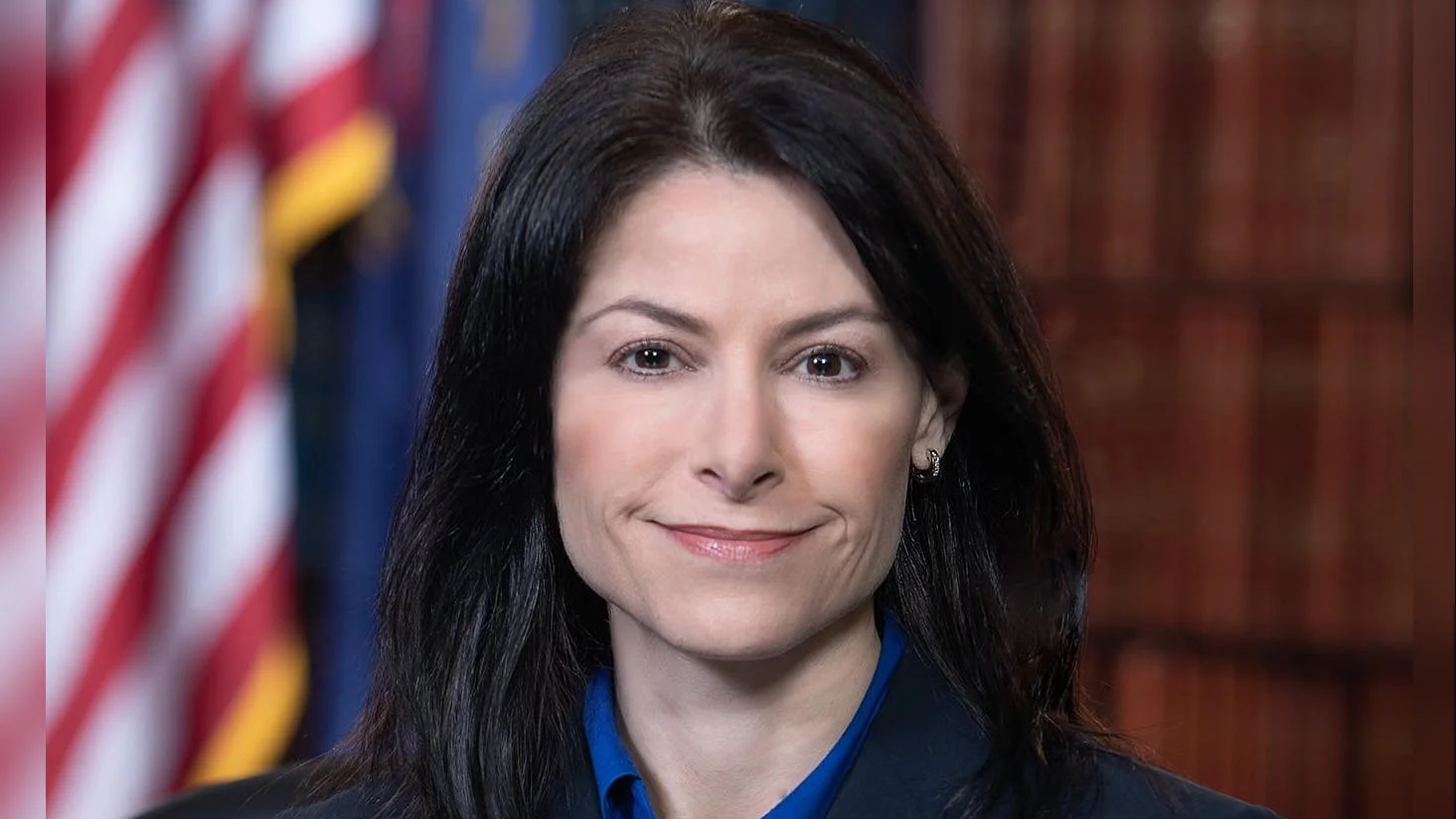Attorney General Dana Nessel | Official website
Attorney General Dana Nessel | Official website
Michigan Attorney General Dana Nessel has joined 18 other attorneys general in submitting an amicus brief to the U.S. Court of Appeals for the Eighth Circuit. The brief supports the right of American citizens to vote without racial discrimination and argues for the ability of private citizens to file lawsuits under Section 2 of the Voting Rights Act (VRA) when their rights are infringed.
The VRA, enacted in 1965, aims to ensure that voting rights are not denied or restricted based on race. Section 2 specifically prohibits racially discriminatory policies by state and local governments. For nearly six decades, individuals have been able to file lawsuits to enforce this section. Without this right, only the U.S. Attorney General could enforce these rights within the Eighth Circuit.
In 2022, a lawsuit was filed by individual voters and the Turtle Mountain Band of Chippewa Indians under Section 2 against North Dakota’s legislative map, which was alleged to dilute Native Americans' votes. A district court agreed but was later overturned by a three-judge panel from the Eighth Circuit Court of Appeals, ruling that individuals and organizations could not sue under Section 2. The amicus brief requests a rehearing by the full court.
Nessel stated, “Without the ability of private individuals to enforce their own voting rights, the strength of those rights will rise and fall with the shifting priorities of whatever administration happens to be in power.” She emphasized her commitment to protecting voting rights alongside her colleagues.
The coalition argues that private enforcement is crucial as it has been the primary method for enforcing VRA since its inception. They highlight that approximately 400 private cases have been filed compared to about 40 by the U.S. Attorney General, who lacks resources for nationwide monitoring and prosecution.
Without private action, voters may lack recourse if federal authorities do not act on their concerns. The urgency often associated with such lawsuits due to upcoming elections further underscores this need.
Additionally, eliminating private enforcement could reduce compliance incentives for state and local officials with VRA requirements when crafting policies. Historical evidence shows states enacting restrictive laws following changes in federal oversight provisions.
Attorney General Nessel's filing is supported by attorneys general from California, Colorado, Connecticut, Delaware, District of Columbia, Hawai’i, Illinois, Maine, Maryland, Massachusetts, Minnesota, Nevada, New Jersey, New Mexico, New York, Oregon, Vermont and Washington.






 Alerts Sign-up
Alerts Sign-up